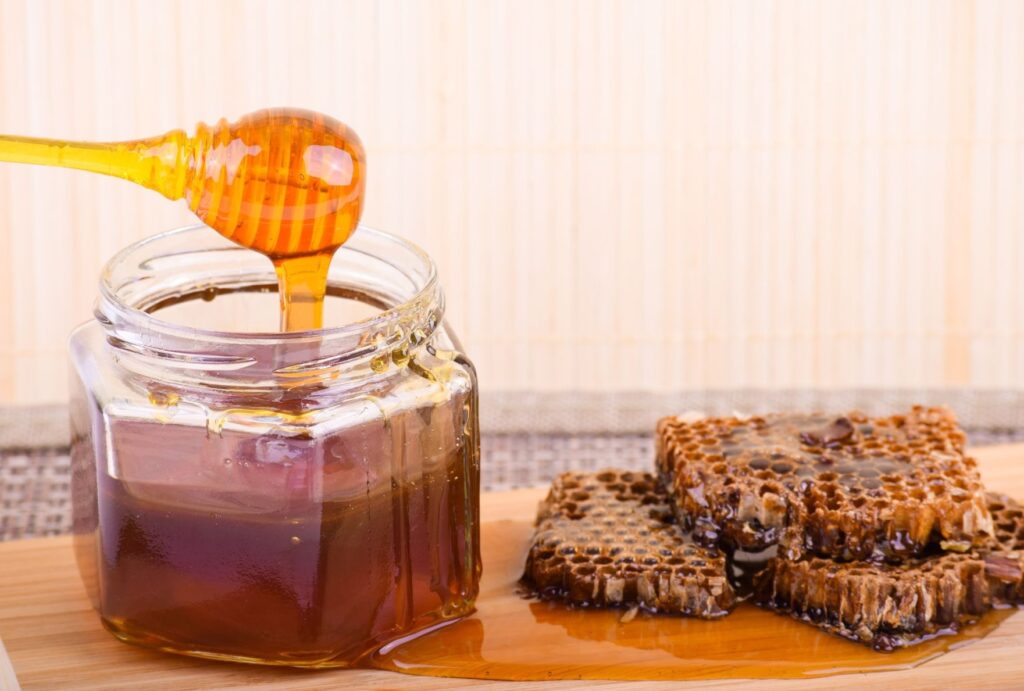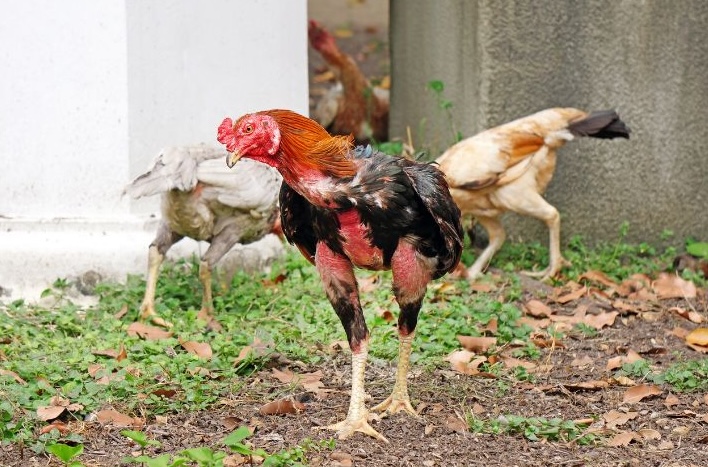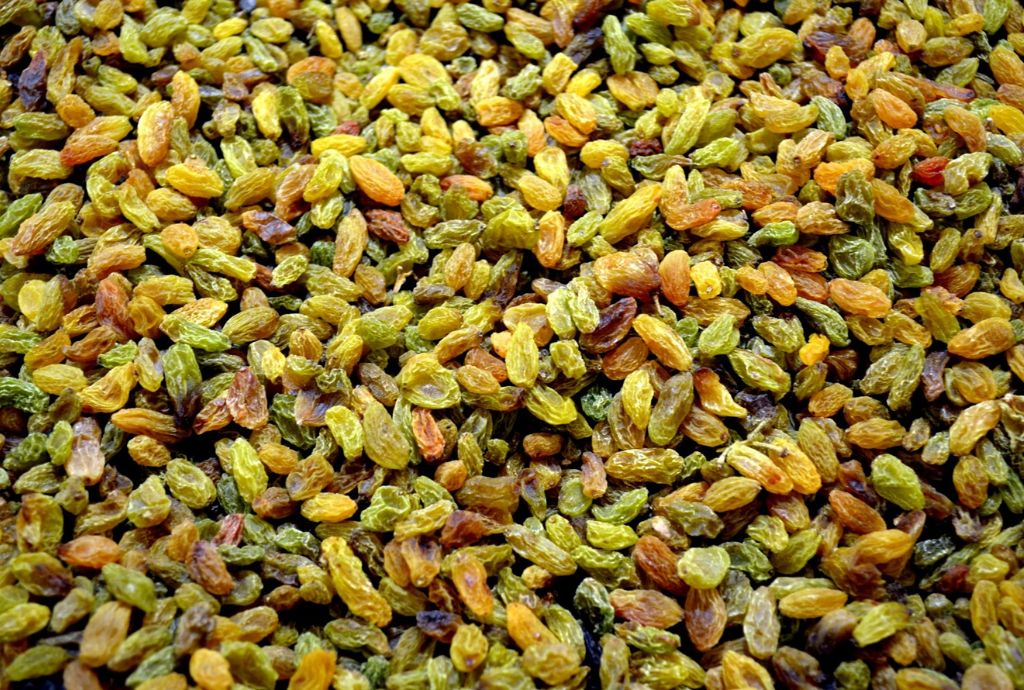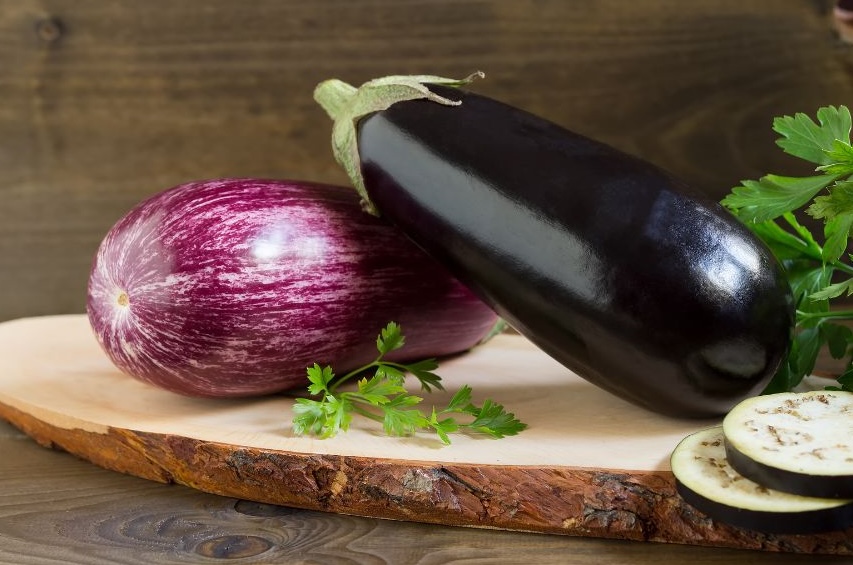
Many backyard poultry enthusiasts often wonder about the variety of foods their chickens can safely consume. Honey, in particular, raises questions due to its sweetness and nutritional content. While we typically consider honey a healthy and beneficial food for humans, its appropriateness for chickens warrants a closer examination. This article aims to explore whether honey is a suitable and safe addition to a chicken’s diet, assessing its potential benefits and risks.
Chickens, like many other animals, have specific dietary needs that must be met to maintain their health and productivity. They primarily thrive on a diet of grains, seeds, insects, and occasional greens. Introducing unconventional food items such as honey can be tricky. Given honey’s unique properties, understanding how it affects chickens is crucial for anyone looking to diversify their flock’s diet responsibly.
Table of Contents
Can Chickens Eat Honey?
Honey is primarily composed of sugars like fructose and glucose and contains small amounts of vitamins, minerals, and antioxidants. Although these elements are beneficial to human health, chickens process their food differently. Their digestive systems are optimized to extract nutrients from their traditional diet, and the high sugar content of honey can present several challenges.
Nutritional Considerations
The main component of honey is sugar, which provides a quick source of energy. However, chickens’ usual diet provides sufficient energy through the carbohydrates found in grains and seeds. Adding honey, with its high sugar levels, might lead to health issues such as obesity and an imbalance in normal gut flora. This imbalance can potentially lead to digestive and metabolic problems. Therefore, if honey is to be introduced to chickens, it should be done sparingly and with careful monitoring to avoid any adverse effects.
Potential Health Benefits
Despite the risks associated with its high sugar content, honey does offer certain benefits that can be advantageous for chickens in specific situations. Honey is renowned for its antimicrobial properties, which can help in preventing infections. This can be particularly useful during times when chickens are stressed or recovering from illness. Additionally, honey’s antioxidants can boost the immune system, potentially improving overall health and resilience against diseases.
Risks and Precautions
While honey has beneficial properties, it’s important to be aware of the risks involved. One significant concern is the potential presence of Clostridium botulinum spores in honey. These spores can cause botulism, a serious illness, particularly in young chicks with undeveloped immune systems. Furthermore, the high sugar content in honey can disrupt a chicken’s digestive system, leading to issues such as diarrhea and imbalances in gut flora. Consequently, honey should be administered sparingly, if at all, and always with caution.
Practical Tips for Feeding Honey to Chickens
If you decide to introduce honey to your chickens’ diet, follow these guidelines to ensure their safety and well-being:
Moderation is Key
Only offer honey as an occasional treat, not a regular part of their diet. This minimizes the risk of obesity and digestive issues caused by excessive sugar intake.
Monitor for Reactions
Observe your chickens closely after introducing honey. Look for any signs of digestive upset or unusual behavior, and discontinue use if any adverse reactions occur.
Use Pure, Raw Honey
Opt for pure, raw honey rather than processed honey, which can contain additives and preservatives that may be harmful to chickens. Raw honey also retains more of its natural antimicrobial and antioxidant properties.
Avoid Feeding to Young Chicks
Due to the risk of botulism, it’s best to avoid giving honey to chicks. Their immature digestive systems make them more vulnerable to the harmful effects of Clostridium botulinum spores.
Combine with Other Foods
If you choose to feed honey, consider mixing it with other safe foods to dilute the sugar content and provide a more balanced treat. Mixing honey with yogurt or oatmeal can offer additional nutritional benefits while mitigating some risks.
By following these guidelines, you can safely explore the inclusion of honey in your chickens’ diet, taking advantage of its benefits while minimizing potential risks.




